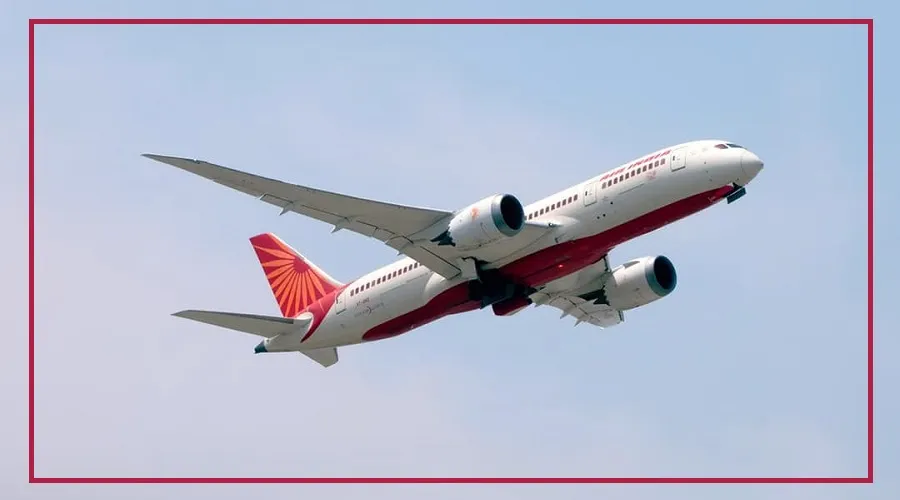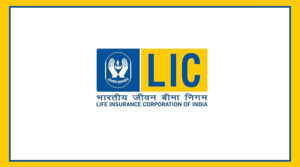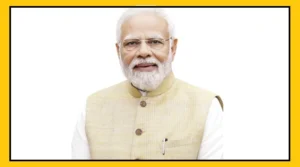The government is preparing to introduce an important change for air passengers in India.
Under the new rule, if a traveler misses their flight due to an emergency, they will no longer lose the entire ticket amount.
Instead, they will receive up to 80% of the fare as a refund. This new refund model is expected to be launched within the next two to three months.
With this change, passengers will not have to bear the full loss of their ticket in emergency situations.
What Was the Earlier Rule?
Until now, if a passenger failed to cancel their ticket at least three hours before the flight, they were marked as a “no-show,” and the entire fare was deducted.
In rare cases, a small refund was given for medical emergencies, but it was completely dependent on the airline’s decision.
Why Is the Rule Changing?
The government has been receiving many complaints that passengers get almost no refund for last-minute cancellations.
To solve this issue, the Aviation Ministry is working with airlines to create a fair refund system.
The special feature of this new model is that passengers will not have to pay anything extra.
Each ticket will include a small insurance premium of around ₹50, but it will be paid by the airlines, not the traveler.
This means passengers don’t need to select any additional options while booking.
A major airline has already started discussions with insurance companies.
Since only a few out of every hundred passengers cancel tickets due to emergencies, this model is expected to benefit both travelers and airlines.
How Will the New System Work?
Currently, travel insurance is optional during ticket booking, but very few passengers choose it.
Airlines now plan to include insurance within the ticket to reduce complaints and offer better protection.
Insurance companies will decide the final premium amount. As long as cancellation rates remain low, the system should operate smoothly.
The Directorate General of Civil Aviation (DGCA) has also confirmed that complaints about refunds are increasing.
Many passengers face delays, get only partial refunds, or receive credit shells instead of money.
Due to these rising issues, the government believes it is necessary to set basic refund rules, even though it wants airlines to run their operations independently.

























